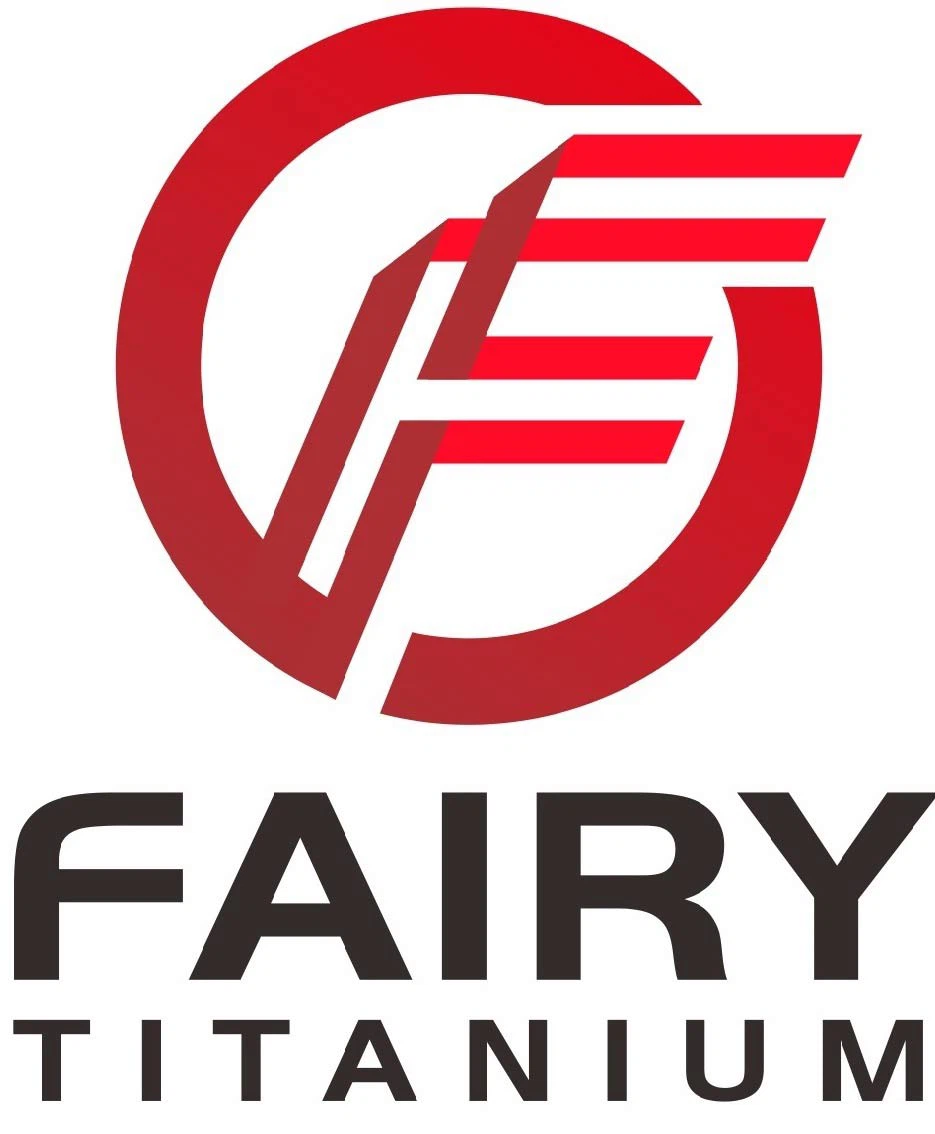Ruthenium-iridium-coated titanium plays a vital role in advancing clean and sustainable energy sources. Here are some key aspects of its use in this field:
1. Water Electrolysis: Ruthenium-iridium-coated titanium felt is extensively employed in water electrolysis, a process that splits water into hydrogen and oxygen using an electric current. The coating enhances the catalytic activity of the titanium felt, promoting efficient hydrogen evolution reactions (HER). This leads to improved reaction kinetics, reduced overpotential, and increased hydrogen production rates. The coated titanium felt helps to optimize the performance of both alkaline and acidic electrolysis systems.
2. Proton Exchange Membrane (PEM) Electrolysis: In PEM electrolysis, ruthenium-iridium-coated titanium felt acts as an electrode catalyst, facilitating the efficient conversion of water into hydrogen and oxygen. The coating enhances the catalytic activity on the electrode surface, enabling a faster hydrogen evolution reaction at lower voltages. This results in improved energy efficiency and lower operating costs in PEM electrolyzers.
3. Alkaline Water Electrolysis (AWE): Ruthenium-iridium coated titanium felt is also employed in alkaline water electrolysis, which utilizes an alkaline electrolyte such as potassium hydroxide (KOH) solution. The coating improves the catalytic activity of the titanium felt, increasing the rate of hydrogen production through HER. It enhances the overall efficiency of the AWE process, contributing to cost-effective and scalable hydrogen generation.

4. Durability and Stability: Hydrogen production processes can be demanding, involving harsh operating conditions. Ruthenium-iridium-coated titanium felt exhibits excellent durability and stability, even in corrosive environments. The coating protects the underlying titanium substrate from degradation, ensuring long-term performance and minimizing the need for frequent maintenance or replacement.
5. Enhanced Efficiency: The high catalytic activity of the ruthenium-iridium coating facilitates faster and more efficient hydrogen production. By reducing the overpotential required for hydrogen evolution, the coated titanium felt helps to minimize energy losses in the electrolysis process. This leads to improved overall efficiency and lower energy consumption, making it a valuable asset for sustainable hydrogen production.
6. Integration and Customization: Ruthenium-iridium-coated titanium felt can be tailored and integrated into various electrolysis systems and designs. It can be customized to suit specific requirements, such as coating thickness, loading amount, and surface area. This adaptability allows for seamless integration into existing hydrogen production setups, optimizing the performance and efficiency of the electrolyzers.
The utilization of ruthenium-iridium-coated titanium felt in hydrogen production processes contributes to the development of a greener and more sustainable energy landscape. Its enhanced catalytic activity, durability, and stability make it an important component in advancing the efficiency and feasibility of hydrogen generation technologies.








